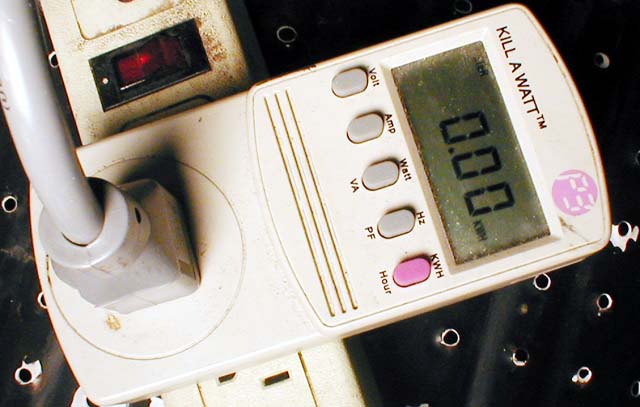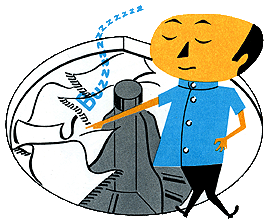|
Thread Number: 33079
What Really is HALF or DINKY Load for a washer? Philosophy |
[Down to Last] |

|
| Post# 498015 , Reply# 2 2/20/2011 at 17:11 (4,905 days old) by 3beltwesty () | ||
|
same Front load washer in all 3 tests of water and power con Washer for Tests 1,2 and 3 is a 4.2 IEC LG WM2501HVA Here is intergrating KWHR meter used for the test. It tracks very well with the Westin watthour meters here too. 
| ||
Post# 498023 , Reply# 5 2/20/2011 at 18:16 (4,905 days old) by neptunebob  (Pittsburgh, PA) (Pittsburgh, PA) |
||
 | ||
| Post# 498024 , Reply# 6 2/20/2011 at 18:18 (4,905 days old) by Pingmeep () | ||
|
The higher possible spin of the LG would make your dryer have an easier time. Aside from trying to get you to buy a new dryer there was never a reason for you to get a new dryer. | ||
| Post# 498026 , Reply# 7 2/20/2011 at 18:21 (4,905 days old) by Haxisfan (Europe - UK / Italy) | ||
Nice tests!
Some time ago I was really obsessed (I still am) with this kind of things... I've even compiled an entire MS Excel spreadsheet full of values in relation to the water and load size for each wash cycle I was running.
I don't mean to unbury the hatchet... I just wanted to take this opportunity to remark over the water consumption of a bigger machine over the same load washed in a smaller machine. I have lots of data concerning small 1 kilo/or less loads and my 24" washer would manage that dinky load with only 23/26 litres on a standard 'fuzzy logic' programme. With medium loads (approx 4kg - 8lb) the 'fuzzy logic' programmes tend to use a lot more water (say 40l plus)... almost as much as your test #2... however if I stuff my washer silly with 6kg plus of laundry it's likely to use 52/54l... so yours would outsmart it in term of water consumption in that case. However, I can use other programmes such as the few daily cycles provided which would wash up to 3.5kg/8lb of laundry (if light soil as recommended from manufacturer) using approx 30l or less. I also noticed that newer machines tend to be more efficient, e.g. mine is from year 2004 and according to the energy label test programme it would use 54l of water for a full load, however a similar model 2 years later was quoted at 45l under the same conditions. I think the cost of the water over here is a little bit higher, although one can have some special rates in which the user doesn't pay the standing charges, provided that the total of water usage within the household falls below a certain threshold... still dearer than what you quoted. The electricity is a lot higher (I'd say double as much as your figures) however, one can have discounted night rates which are usually 1/4 of the full price (they run for 7 hours). These can be godsend when all one's appliances are lined up for doing the night shift! | ||

 Comes to the Rescue!
Comes to the Rescue!